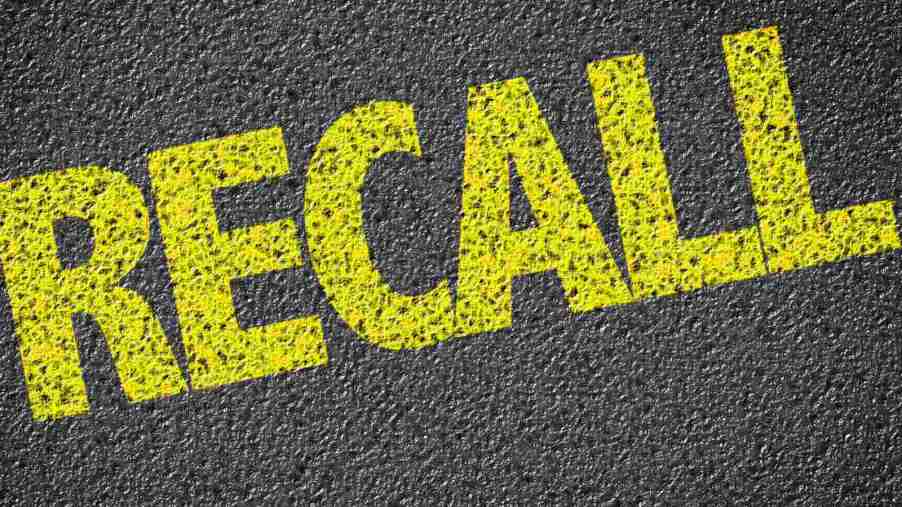
What Does It Take for an Automaker to Recall a Vehicle?
Vehicle recalls are one of the most significant topics in the automotive industry. This is because recalls not only serve the owners of the impacted cars, but they also have an impact on future used car buyers. Additionally, recalls typically deal with safety issues. Still, not everyone is well versed in how recalls work or what it takes for an automaker to issue one.
What causes an automaker to recall a vehicle

One of the first questions people may have regarding vehicle recalls is who issues them. Well, the National Highway Traffic Safety Administration is mostly responsible for recalls and ensuring that vehicles are safe. However, they can also be voluntary, which means the automaker could recall a car if it learns of a widespread issue.
There are many reasons for recalls. However, they are typically related to safety. Some of the common reasons for this action include but are not limited to issues with seatbelts, faulty steering components, problems with airbags, and engine trouble. Recalls could also be for symptoms that might precede a significant mechanical or safety issue.
Of course, not all recalls are related to car safety. Some could be for exterior problems, issues with components such as air conditioners and radios, or almost anything else. These vehicle recalls would typically be voluntary and issued by the automaker.
What does the owner have to do?
Automakers must ensure that registered owners are aware of vehicle recalls. Of course, this could be a tricky process as recall notices go through first-class mail. However, it’s also a pretty simple process for owners to check to see if their car has an active recall. Perhaps the easiest and most accurate method is to search the official NHTSA website for recalls. You’ll need the Vehicle Identification Number(VIN) to do this.
While getting a vehicle recall can be stressful, it’s at least not a financial burden. This is because you can get the issue fixed at a dealership as long as there is an active recall. According to Consumer Reports, it’s federal law that all safety recall repairs are free of charge for vehicles up to 15 years old. It’s also the best practice to get your vehicle checked out as soon as you learn of a recall.
Recalls are much more common than most people would think. This is because no automaker is perfect, and even some of the best vehicles have recalls. Luckily, this system exists to protect consumers and to ensure safety.



